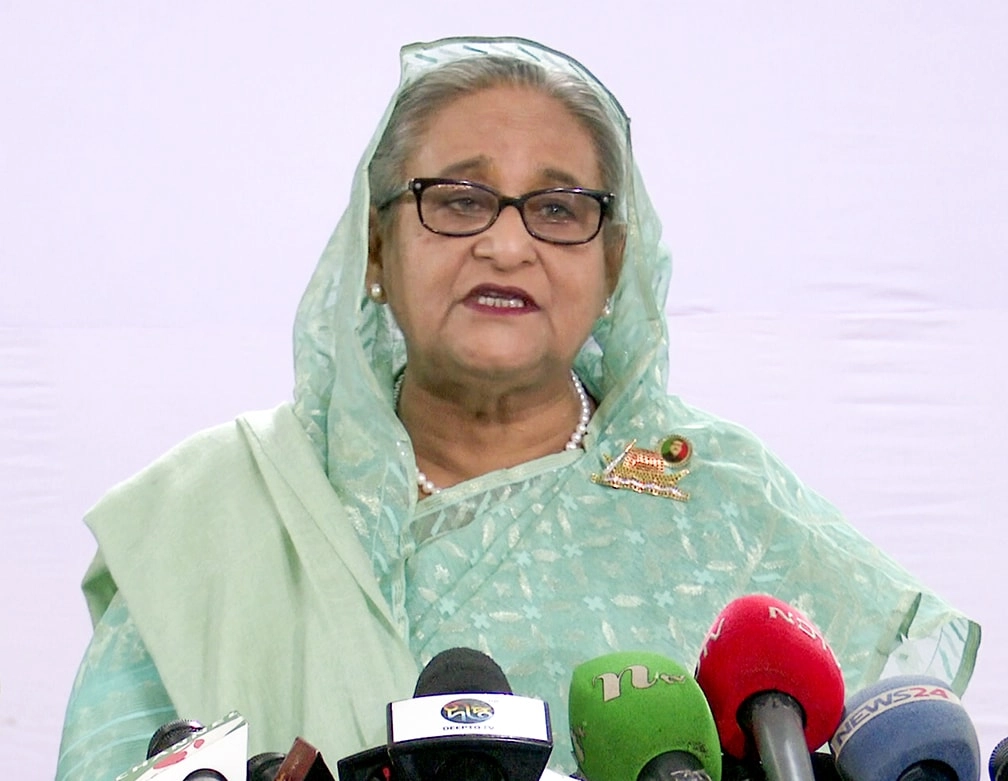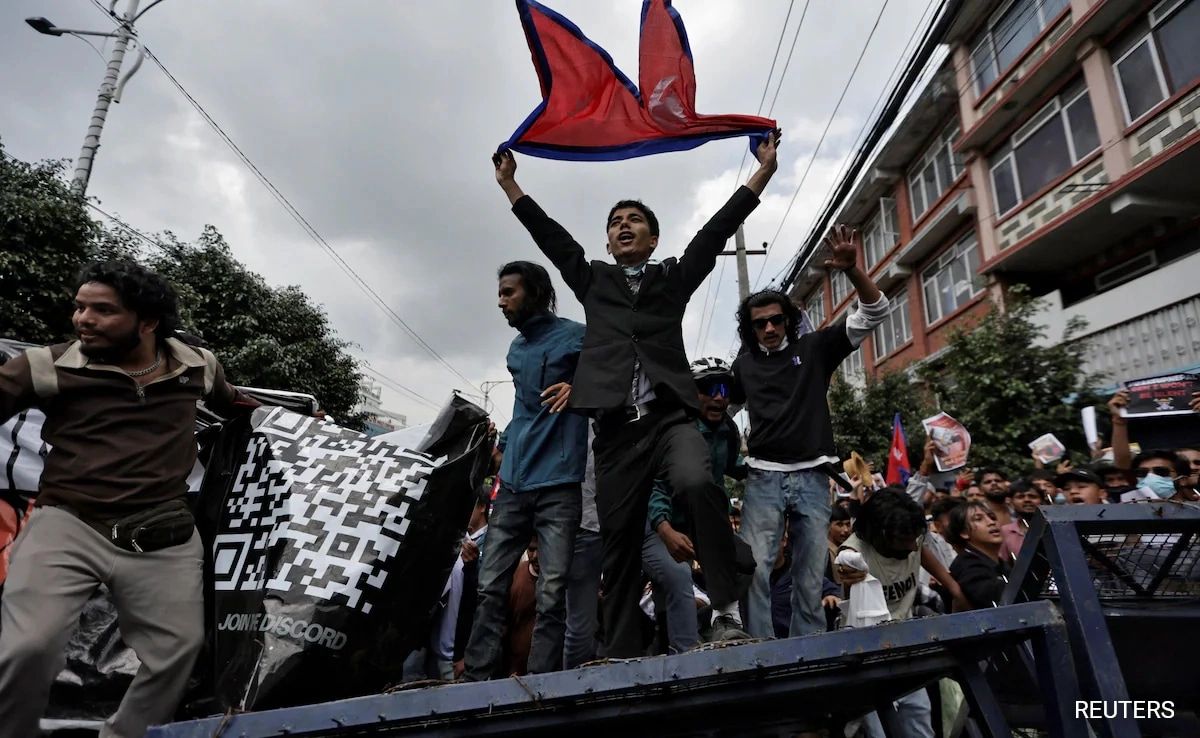A recent investigation into human rights abuses during the tenure of Prime Minister Sheikh Hasina in Bangladesh has raised significant concerns regarding the persistent climate of impunity that continues to prevail in the country. Despite numerous reports detailing allegations of extrajudicial killings, enforced disappearances, and police brutality, the findings suggest that accountability for these violations remains elusive. The inquiry highlights a troubling pattern in which state security forces act with little fear of repercussions, undermining the rule of law and eroding public trust in governmental institutions.
The investigation underscores that many victims and their families have sought justice for years, often facing intimidation and harassment. This environment of fear has silenced dissent and stifled efforts to hold perpetrators accountable. Human rights organizations have long criticized the Bangladeshi government for its heavy-handed approach to dissent, often framing legitimate criticisms as threats to national security. As a result, activists and journalists have frequently found themselves at risk, leading to a chilling effect on free speech and the pursuit of justice.
Moreover, the report calls attention to the need for comprehensive reforms within the security apparatus and the judicial system to foster accountability. It emphasizes that without significant changes, the cycle of violence and abuse is likely to perpetuate itself, leaving countless victims without recourse. The international community is urged to take notice of these findings and to press the Bangladeshi government to take meaningful steps toward addressing these human rights violations. Sustained pressure may be essential for fostering a culture of accountability and ensuring that those responsible for abuses are brought to justice.
In conclusion, while the investigation sheds light on the serious human rights concerns in Bangladesh under Sheikh Hasina’s administration, it also serves as a call to action for both domestic and international actors. The path toward justice and reform is fraught with challenges, but it is crucial for the future of democracy and human rights in Bangladesh. The findings advocate for a collective effort to confront the systemic impunity that has allowed abuses to thrive, ultimately aiming for a society where the rule of law prevails and every individual’s rights are respected and protected.




